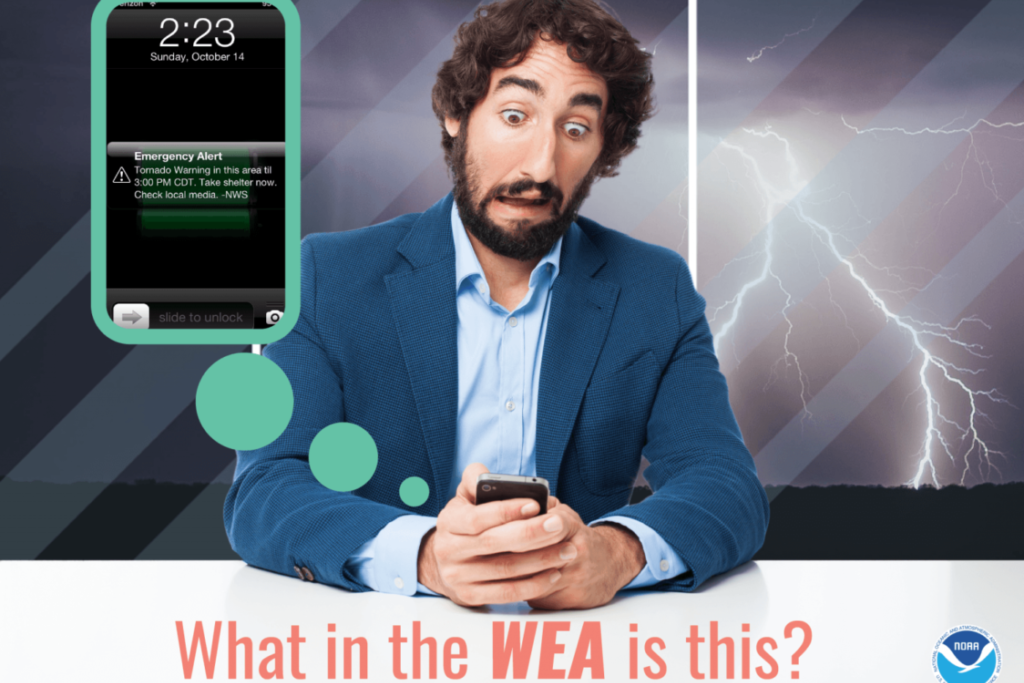It has been said that cats and dogs have the ability to sense when severe weather is approaching. But is this the best way to get weather alerts and warnings?
Weather alerts and warnings can happen at any time during the day or night. Let’s take a few minutes to learn more about weather alerts and warning systems.
Weather alerts- what is the difference between a watch and a warning?
Watch: Be prepared, severe weather is possible
Warning: Take action, severe weather expected or is occurring
This week is Severe Weather Awareness Week in the Midwest. Now is the best time to review your safety plans and make sure they are up to date. For our friends in the states of Minnesota and Wisconsin, Emergency Management officials will be testing outdoor warning sirens to ensure they are in working order. This test will occur today at 1:45pm and again at 6:45pm.
What types of weather events trigger activation of outdoor emergency alert sirens?
In the event of severe weather, the county or city make the decision to activate the alarm siren. Each city or county follows different instructions for when to activate an alarm. During a warning, a variety of conditions trigger the decision to activate outdoor sirens. Some areas may only activate an outdoor alarm for a tornado warning, while others will also activate the alarm system during severe thunderstorms. While some outdoor sirens will sound throughout the county, others are only activated in the areas affected by the warning. Once outdoor sirens activate, they typically sound for 3 minutes before being turned off to preserve battery life.
Outdoor weather alert sirens are a great way to stay informed of upcoming weather threats, but you may not hear them indoors. They will also not alert you when a severe weather threat has ended. Here are some additional ways to get information before, during, and after severe weather:
Watch the video below to learn more about weather watches and warnings, or visit weather.gov to read more!
